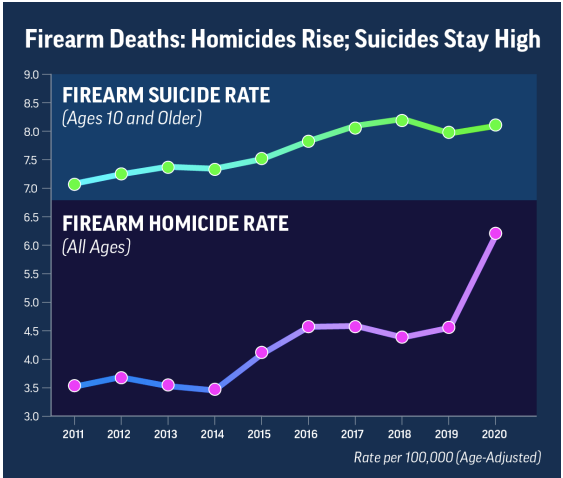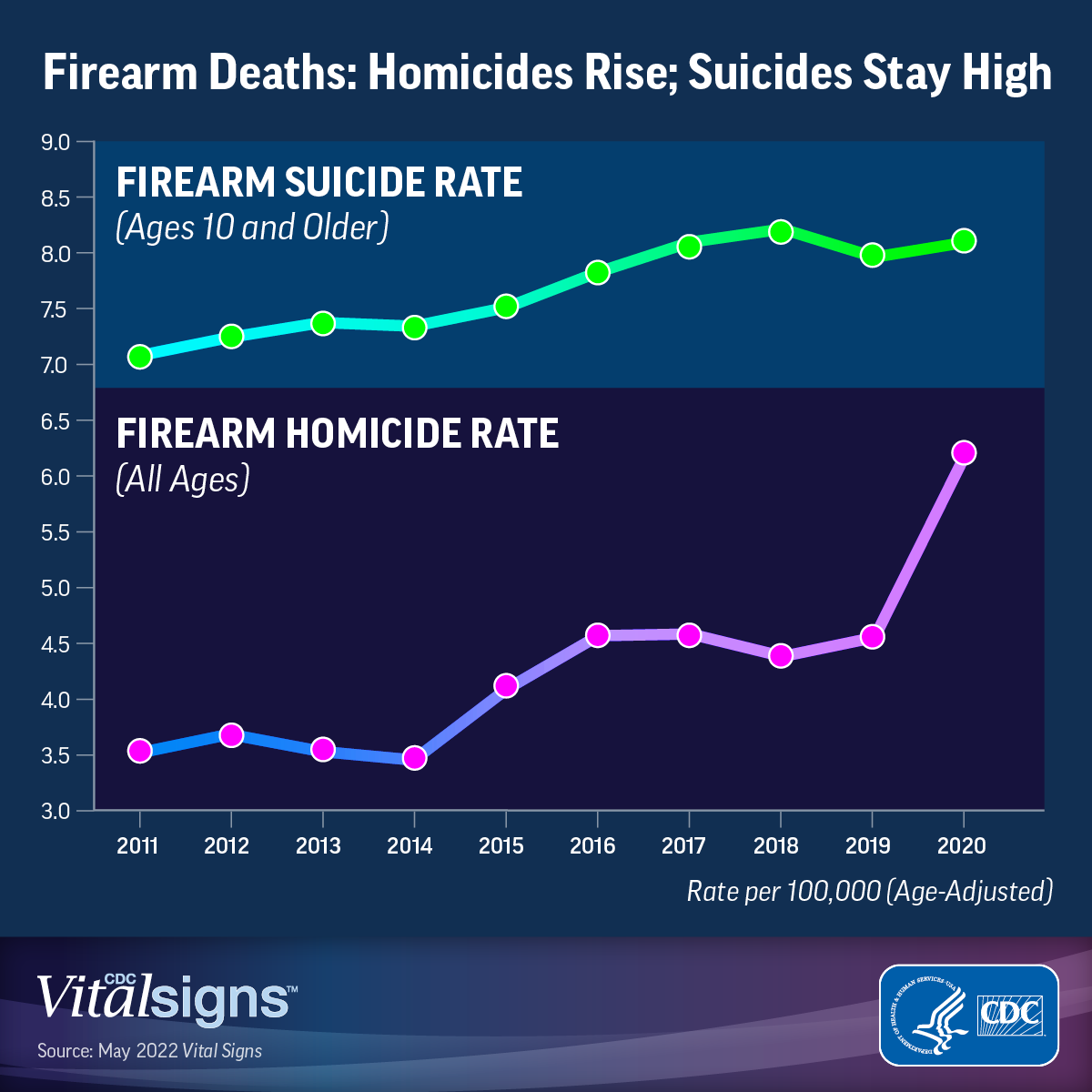“I was asked to basically restart this program of destroying the firearms, because we had thousands of firearms in our evidence room, and we were running out of space to store more based on the number of guns being seized by the department,” he said.
Enter Article DATE HERE
Sergeant William Flannery with the Austin Police Department’s (APD) firearms unit said there’s a backlog when it comes to clearing seized guns out of the evidence room.
“I was asked to basically restart this program of destroying the firearms, because we had thousands of firearms in our evidence room, and we were running out of space to store more based on the number of guns being seized by the department,” he said.
There’s an organized legal process when it comes to destroying firearms the department obtains. APD can’t just get rid of them on its own. A judge has to sign off on a document indicating the guns are no longer needed for evidentiary purposes.
Flannery is tasked with compiling those reports. Our team came across one of the reports during our daily check of the court system. KXAN found an “Application for Forfeiture of Seized Weapons” that listed 199 guns APD wanted permission to destroy.
The application requested for the weapons to be forfeited to APD, “which may use or destroy the weapons as allowed by law.” According to the petition, none of the weapons are related to any current criminal investigations or pending charges. APD’s Forensic Science Bureau was in possession of them before.
They were seized from various incidents, including aggravated assaults, accidental shootings and even suicides, dating back to 2002.
“Some of these we’ve had for over 20 years, and some are no longer operable or weren’t even operable at the time they were seized,” said Flannery.
That’s why, he said, the department opts to destroy the guns instead of converting them into firearms the department can use.
“It would take more time than what we have as a department to go through each firearm and find out which ones we could use versus just destroying them,” he said.
There’s an organized legal process when it comes to destroying firearms the department obtains. APD can’t just get rid of them on its own. A judge has to sign off on a document indicating the guns are no longer needed for evidentiary purposes.
Flannery is tasked with compiling those reports. Our team came across one of the reports during our daily check of the court system. KXAN found an “Application for Forfeiture of Seized Weapons” that listed 199 guns APD wanted permission to destroy.
The application requested for the weapons to be forfeited to APD, “which may use or destroy the weapons as allowed by law.” According to the petition, none of the weapons are related to any current criminal investigations or pending charges. APD’s Forensic Science Bureau was in possession of them before.
They were seized from various incidents, including aggravated assaults, accidental shootings and even suicides, dating back to 2002.
“Some of these we’ve had for over 20 years, and some are no longer operable or weren’t even operable at the time they were seized,” said Flannery.
That’s why, he said, the department opts to destroy the guns instead of converting them into firearms the department can use.
“It would take more time than what we have as a department to go through each firearm and find out which ones we could use versus just destroying them,” he said.
The people behind the numbers
Barbra Krueger Gaddis lost her sister Gigi to gun violence in 2016.
“It was devastating,” she said. “Losing someone in such a violent way and so suddenly is a very challenging thing.”
She now serves on victim impact panels to help law enforcement navigate how to speak to families who have fallen victim to gun violence.
Gaddis says she’s a hunter and owns guns, but to prevent what happened to her sister from happening to anyone else, she wants to see stricter gun laws in Texas.
“We live in Texas and I understand the feelings behind them,” she said. “But we do need stricter gun laws. I think that’s pretty clear when it comes to what’s happening.”
Gaddis says joining support groups was monumental when it came to getting through her loss, particularly the support she received from The Christi Center in Austin.



